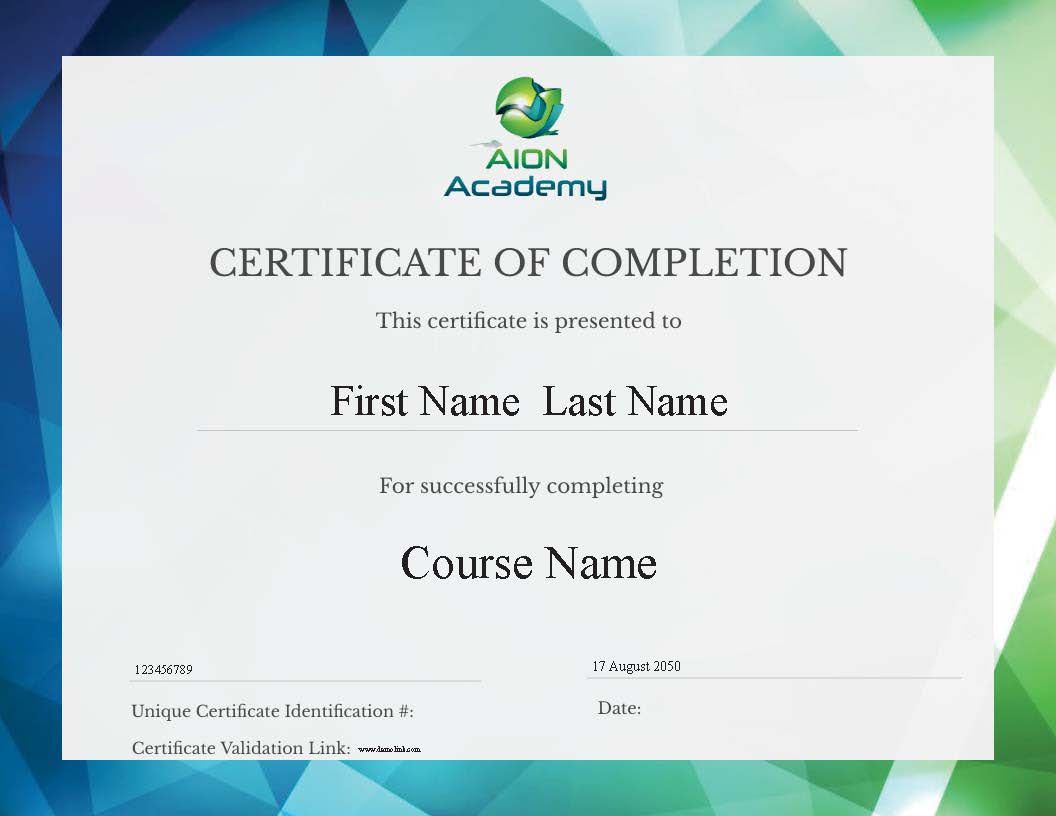Talent Management and Succession Planning
-
Author: International Management Institute
-
Level: Advanced
-
Study Time: 33 hours
-
Reading Time: 24 hours
-
Exam: 3
Understand the strategic importance of talent management and succession planning, ensuring leadership continuity.

Upon completion of this course, students will receive a certification demonstrating their ability to manage talent and plan for succession effectively. This certification showcases skills in identifying, developing, and retaining top talent, as well as creating succession plans to ensure organizational continuity and growth.
What's included?
-
40 Chapters
-
1 Certification
-
30 Questions
-
15 PDFs
Become a Talent Manager
A Talent Manager is responsible for identifying, recruiting, developing, and retaining top talent within an organization. They work closely with leadership to ensure that the company has a strong pipeline of candidates for current and future roles. This role involves creating development programs, managing employee performance, and planning for succession to ensure continuity in leadership.
Personal Value
Completing this course will enhance your ability to recognize and nurture talent within your organization. You’ll gain critical skills in succession planning, leadership development, and talent retention, positioning you as an asset to any organization and advancing your career in human resources and organizational leadership.
International Management Institute
The International Management Institute (IMI) is a global institution dedicated to advancing leadership and management education. With a strong emphasis on innovation, strategic thinking, and practical skills, IMI equips professionals to succeed in today's competitive business environment. Through a diverse range of programs, expert faculty, and a collaborative learning approach, IMI empowers individuals and organizations to drive sustainable growth and make impactful decisions worldwide.
Talent Management and Succession Planning
This course qualifies you in talent management and succession planning strategies, including how to identify high-potential employees, design development programs, and create succession plans. You will become proficient in ensuring organizational success by managing and preparing the next generation of leaders.

